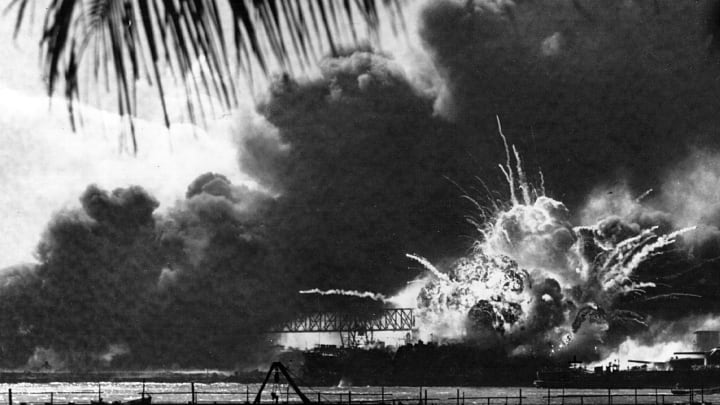The Significance of the Meiji Restoration in Japan

The Tokugawa shogunate, which had ruled Japan since the early 17th century, maintained a policy of isolationism, limiting foreign contact and trade. This policy, known as sakoku, aimed to preserve Japan's traditional social order and prevent foreign influence. However, by the mid-19th century, external pressures and internal challenges exposed the weaknesses of the shogunate. The arrival of Commodore Matthew Perry and his "Black Ships" in 1853, demanding the opening of Japan to foreign trade, highlighted the need for change.
The Meiji Restoration was initiated by a coalition of reform-minded samurai and daimyos (feudal lords) who sought to modernize Japan and restore imperial authority. The movement gained momentum following the resignation of the last shogun, Tokugawa Yoshinobu, in 1867. In 1868, Emperor Meiji, who had ascended to the throne as a symbolic figure, was formally restored to power, marking the beginning of a new era.
One of the most significant aspects of the Meiji Restoration was the comprehensive political and administrative reforms. The new Meiji government aimed to centralize power and dismantle the feudal system. The daimyos were required to surrender their lands to the emperor, leading to the creation of a centralized state. The abolition of the samurai class and the establishment of a conscripted national army further consolidated the government's authority and modernized Japan's military capabilities.
The Meiji leaders also implemented sweeping economic reforms to promote industrialization and modernization. The government invested heavily in infrastructure, including the construction of railways, telegraph lines, and modern ports. The introduction of Western technologies and industrial practices facilitated the development of industries such as textiles, shipbuilding, and mining. The establishment of a modern banking system and the adoption of a new tax structure supported economic growth and stability.
Education was another key focus of the Meiji reforms. The government established a national education system, emphasizing compulsory primary education and the adoption of Western scientific and technical knowledge. This emphasis on education aimed to create a skilled and knowledgeable workforce capable of supporting Japan's modernization efforts. The promotion of Western learning and the establishment of institutions such as Tokyo University played a crucial role in fostering intellectual and technological advancements.
The Meiji Restoration also brought about significant social and cultural changes. The adoption of Western clothing, architecture, and customs reflected Japan's desire to modernize and compete with Western powers. However, the government also sought to preserve and promote traditional Japanese culture, creating a unique blend of Western and Japanese influences. The establishment of a constitutional monarchy, with the promulgation of the Meiji Constitution in 1889, aimed to balance modern political structures with traditional values.
The impact of the Meiji Restoration extended beyond Japan's borders. Japan's successful modernization efforts and emergence as a major power had significant geopolitical implications. The Sino-Japanese War (1894-1895) and the Russo-Japanese War (1904-1905) demonstrated Japan's military prowess and marked its rise as an imperial power. Japan's victory in these conflicts challenged the dominance of Western powers in Asia and reshaped the regional balance of power.
In conclusion, the Meiji Restoration was a transformative period in Japanese history that brought about profound political, economic, and social changes. The restoration of imperial rule and the comprehensive reforms implemented by the Meiji leaders laid the foundation for Japan's modernization and emergence as a global power. The significance of the Meiji Restoration lies in its role in shaping modern Japan and its impact on the course of world history. The legacy of this period continues to influence contemporary Japanese society and its place in the global community.